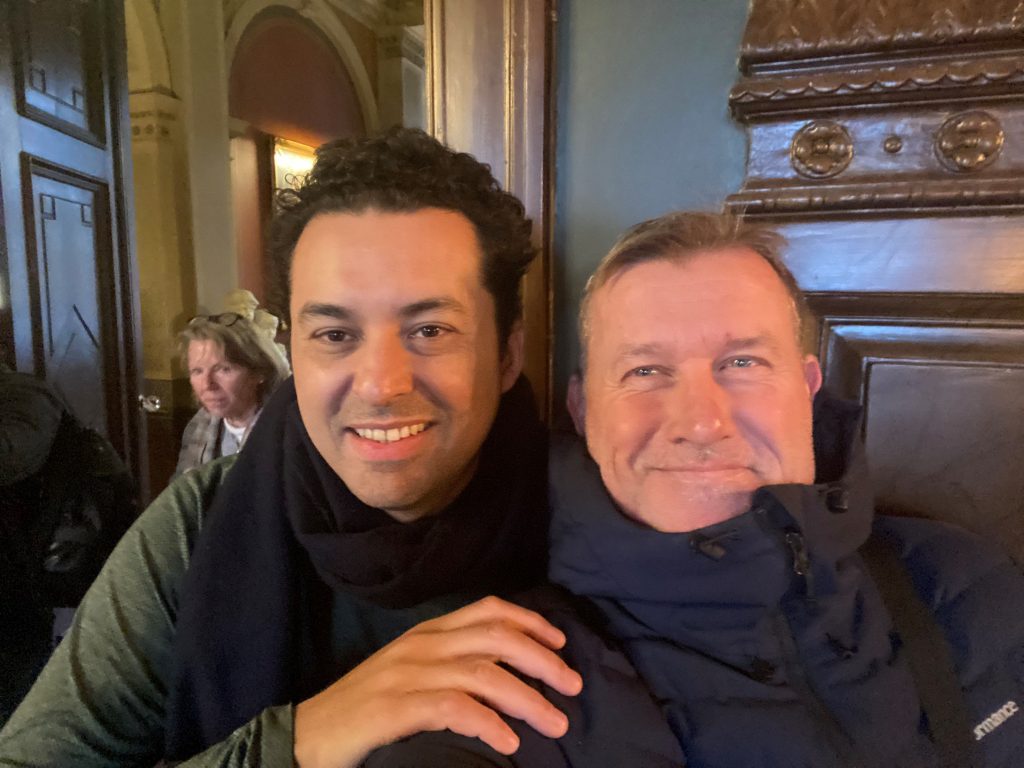For the penultimate Pandemics & Society Seminar of our Spring 2024 series, we are pleased to welcome Christos-Stavros Konstantopoulos (McGill University). The seminar will be held on Thursday, 23 May at the normal time (1600 CET). More information about our speaker and the presentation is below. You can sign up for email notifications about the seminar series, including the Zoom details, here.
Abstract
Although interest in the history of the “Spanish” influenza pandemic has risen over the past two decades, its connection with the First World War has not yet been fully explored. To the degree that is has been the object of study, it has mostly been approached through the lens of the Western Front. In this presentation, we will talk about the influenza pandemic on the Great War’s Macedonian Front, which is the subject of a larger PhD research project comparing the influenza’s impact on the British, French, and Greek troops fighting on that front. We will start by discussing why that front is of interest to scholars researching the pandemic. Subsequently, based on Hellenic Army data drawn from reports of the army’s medical officers, we will touch on three preliminary findings: a)that the temporal pattern of the pandemic in 1918 differed from that of the Western Front, with the influenza reaching Macedonia more in a single long wave instead of two distinct waves; b)that the scale of influenza-related mortality on the Macedonia front dwarfed mortality from diseases that have captured most of the interest of medical officers at the time as well as of later historians, such as malaria, typhus, or dysentery; and c)that epidemic and endemic diseases, and in particular influenza and malaria, seem to have been correlated rather than distinct.
About the Speaker
Christos-Stavros Konstantopoulos is a first-year PhD student at McGill University, researching the “Spanish” influenza pandemic on the Macedonian Front of the First World War, in particular comparing how it affected the British, French, and Greek troops fighting on that front. He previously studied History at the University of Cambridge and Comparative Political Science at the University of Oxford, before serving in the Hellenic Army’s History Directorate. He has worked for the SCHOOLPOL project of the University of Oxford, researching the evolution of education policies in OECD countries since the Second World War. His broader interests include the history of health, population, education, and development.


